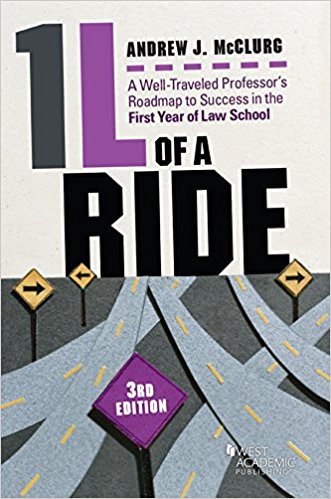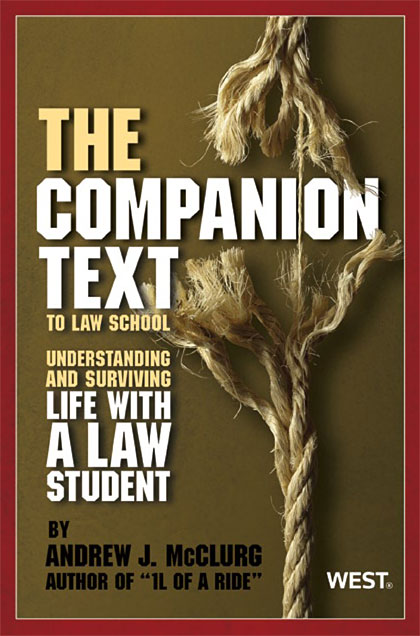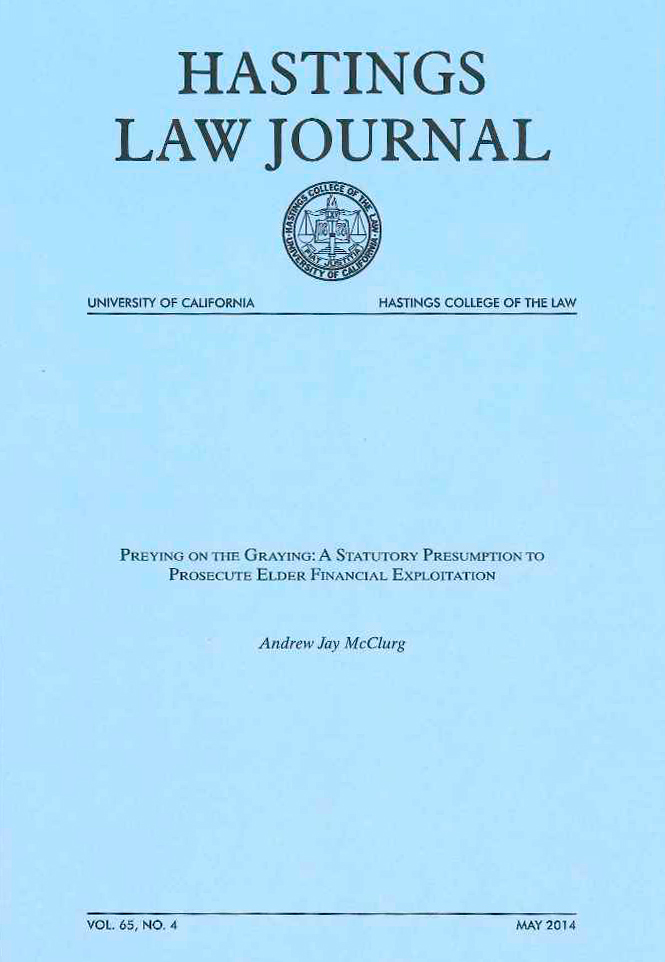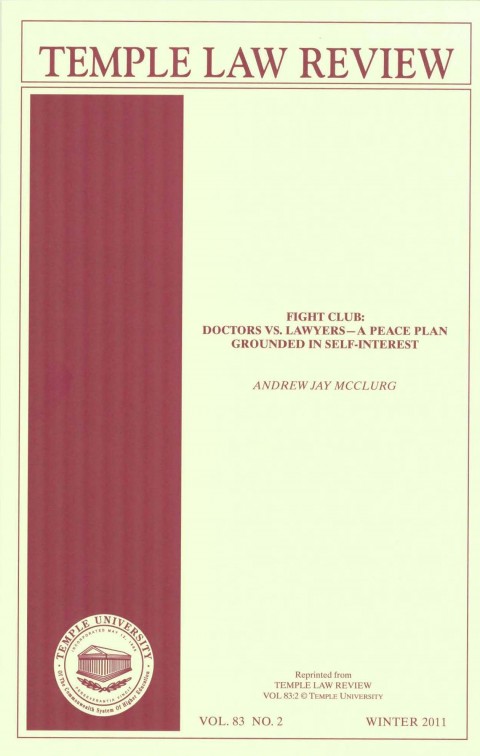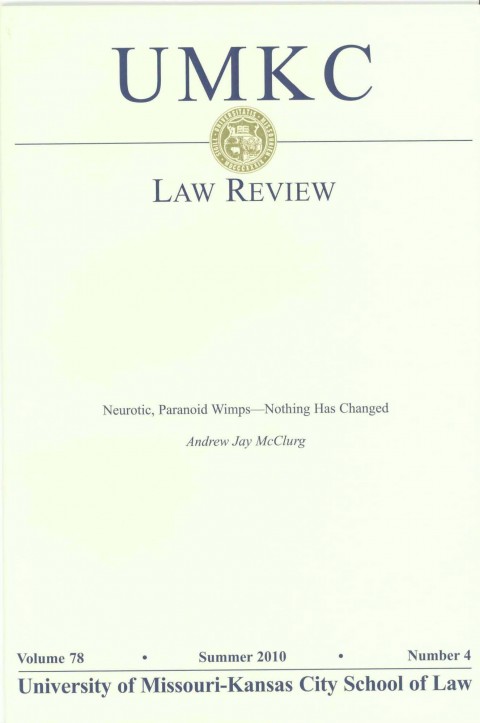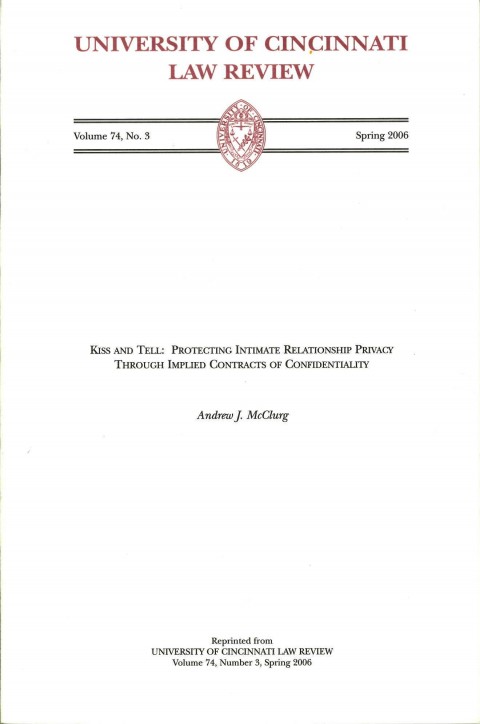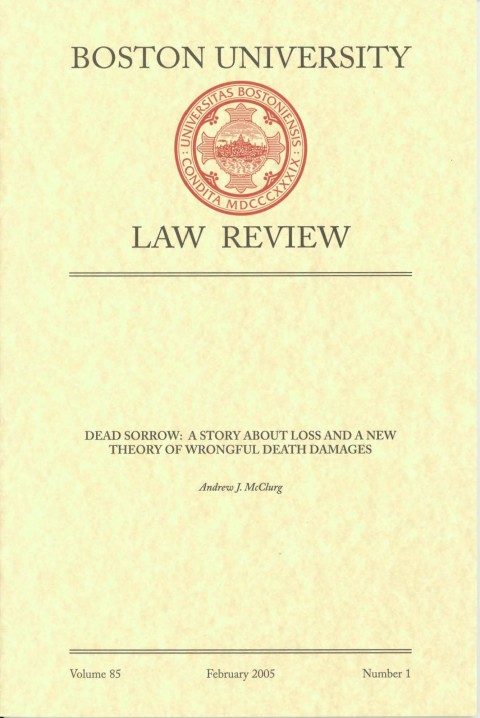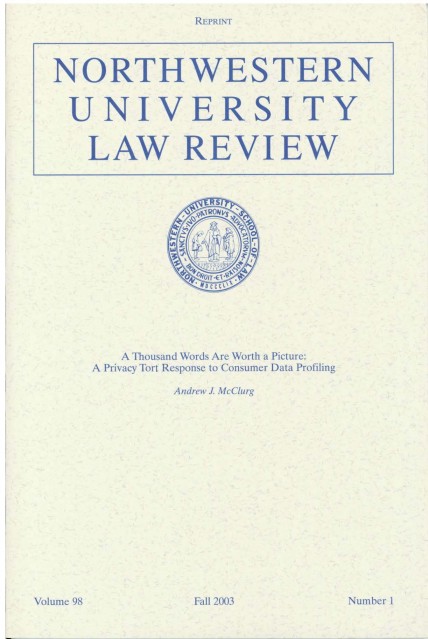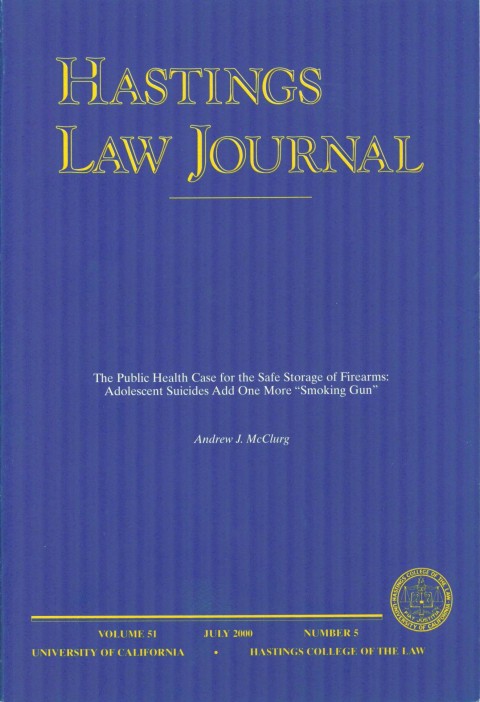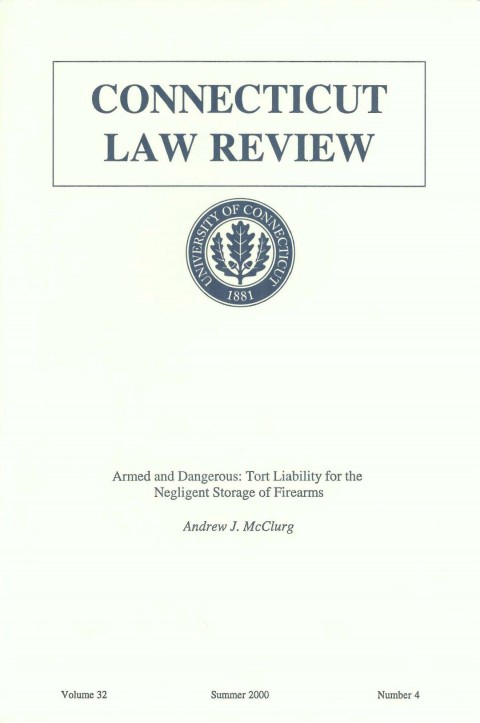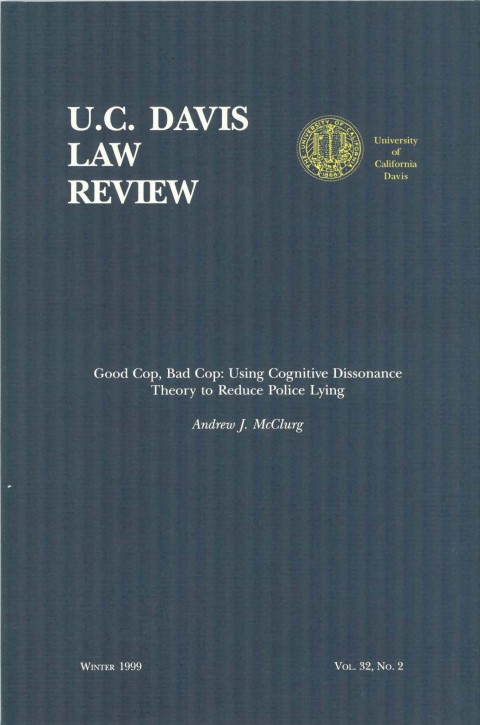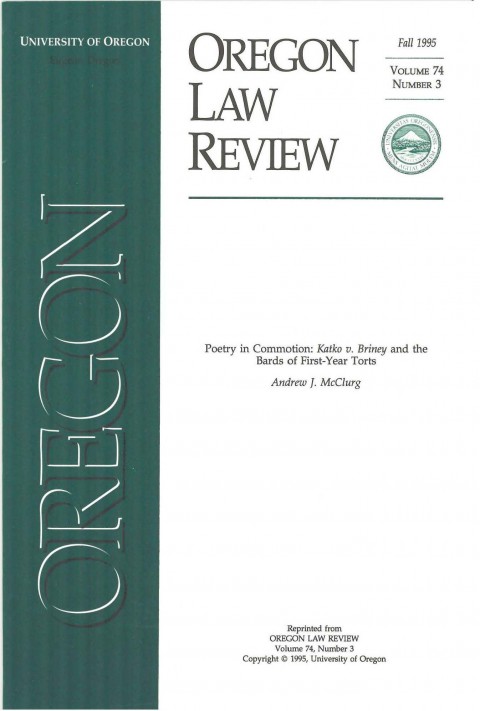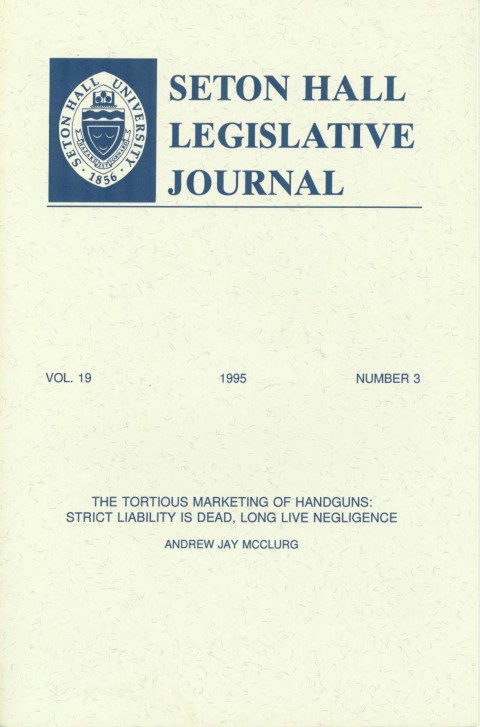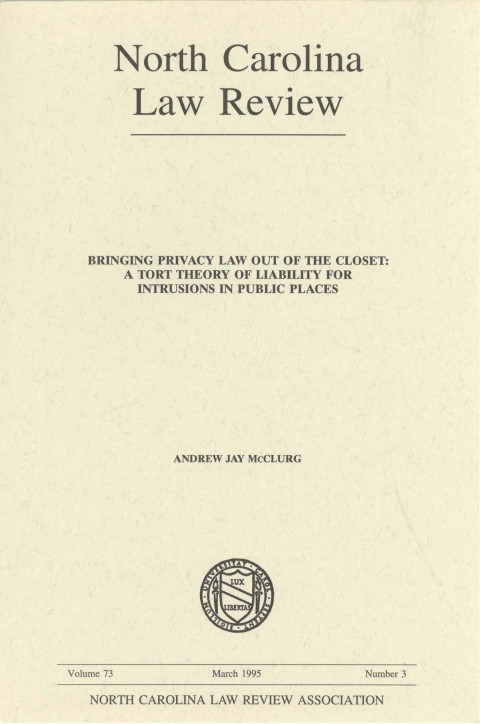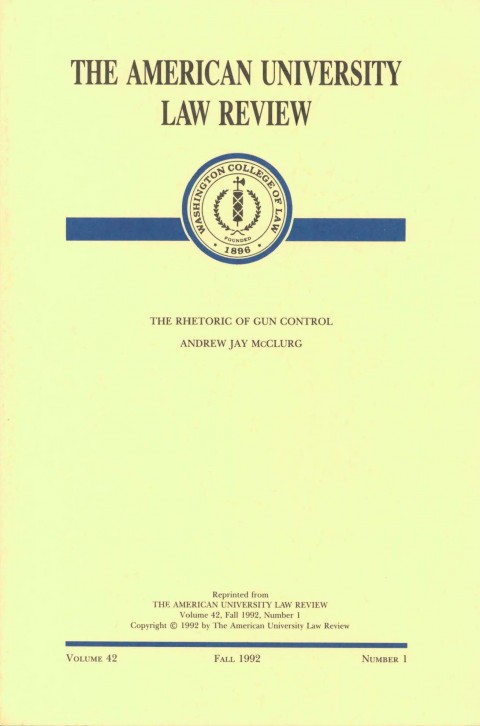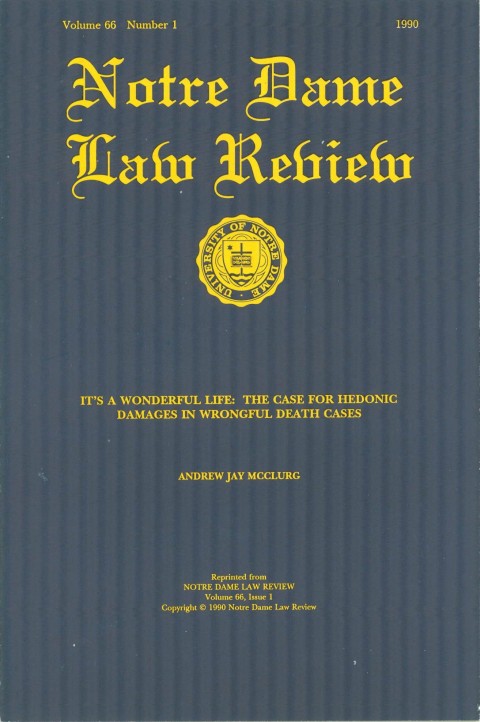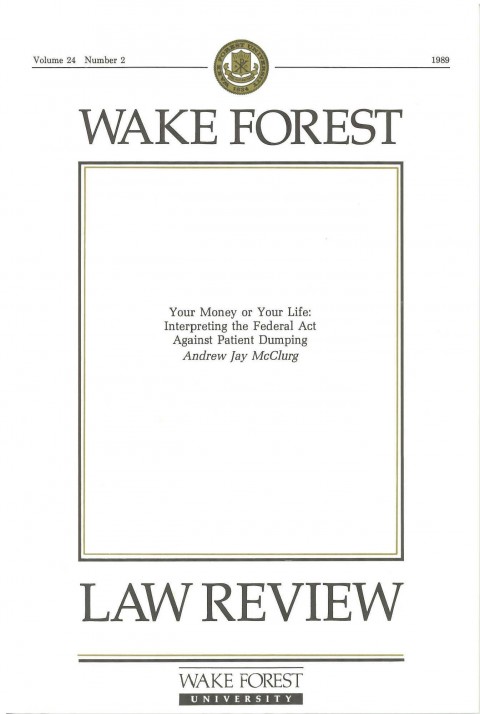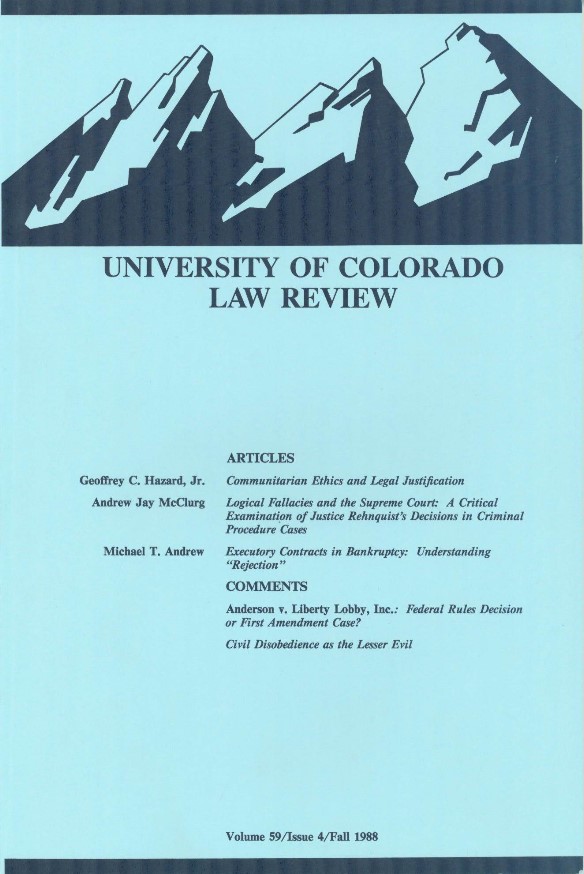July 14th, 2012  One of Zim's classics. Remember “Golden Guides”? They were sort of the original “Dummies” series for kids, explaining a variety of scientific, geographic, and nature topics in succinct terms understandable even by 10 year olds.
Zim v. Western Pub. Co. arose out of a dispute between the guy who wrote or co-wrote many of these masterpieces—Dr. Herbert Zim—and the Golden Guides publisher, Western Publishing. Zim penned such classics as Rocks and Minerals, Reptiles and Amphibians, Trees, and my personal fav, Fishes.
Judge Goldberg of the U.S. Court of Appeals for the Fifth Circuit apparently also thinks highly of Zim, elevating him to biblical proportions:
In the beginning, Zim [Fn.1] created the concept of the Golden Guides. For the earth was dark and ignorance filled the void. And Zim said, let there be enlightenment and there was enlightenment. In the Golden Guides, Zim created the heavens (STARS) (SKY OBSERVER’S GUIDE) and the earth. (MINERALS) (ROCKS and MINERALS) (GEOLOGY).
[Fn.1] Dr. Zim is a noted science educator with a Ph.D. in science education from Columbia University. His special expertise is in the presentation of scientific subjects to popular audiences. The major focus of his efforts has been the development of a multivolume series of books on scientific subjects, the “Golden Guides.” …
And together with his publisher, Western, he brought forth in the Golden Guides knowledge of all manner of living things that spring from the earth, grass, herbs yielding seed, fruit-trees yielding fruits after their kind, (PLANT KINGDOM) (NON-FLOWERED PLANTS) (FLOWERS) (ORCHIDS) (TREES), and Zim saw that it was good. And they brought forth in the Golden Guides knowledge of all the living moving creatures that dwell in the waters, (FISHES) (MARINE MOLLUSKS) (POND LIFE), and fowl that may fly above the earth. (BIRDS) (BIRDS OF NORTH AMERICA) (GAMEBIRDS). And Zim saw that it was good. And they brought forth knowledge in the Golden Guides of the creatures that dwell on dry land, cattle, and creeping things, (INSECTS) (INSECT PESTS) (SPIDERS), and beasts of the earth after their kind. (ANIMAL KINGDOM). And Zim saw that it was very good.[Fn.4]
[Fn.4] According to Zim’s brief before this court, well over 100 million of the Golden Guide books have been printed under Zim’s name, earning him “millions of dollars” in royalties.
Then there rose up in Western a new Vice-President who knew not Zim. And there was strife and discord, anger and frustration, between them for the Golden Guides were not being published or revised in their appointed seasons. And it came to pass that Zim and Western covenanted a new covenant, calling it a Settlement Agreement. But there was no peace in the land. Verily, they came with their counselors of law into the district court for judgment and sued there upon their covenants.
And they put upon the district judge hard tasks. And the district judge listened to long testimony and received hundreds of exhibits. So Zim did cry unto the district judge that he might remember the promises of the Settlement Agreement. And the district judge heard Zim’s cry, but gave judgment for Western. Yea, the district judge gave judgment to Western on a counterclaim as well. Therefore, Zim went up out of the court of the district judge.
And Zim spake unto the Court of Appeals saying, make a sacrifice of the judgment below. And the judges, three in number, convened in orderly fashion to recount the story of the covenants and to discuss and answer the four questions which Zim brought before them …
Maybe it’s just because I loved Golden Guides, but this one goes in the Strange Judicial Opinions Hall of Fame.
— Zim v. Western Pub. Co., 573 F.2d 1318, 1320–21 (5th Cir. 1978). Thanks to Professor Ken Swift.
November 20th, 2011  Don't know much about history. In a convoluted libel case, the defendant, a lawyer, argued on appeal that the plaintiff’s counsel delivered a prejudicial, inflammatory closing argument.
But the bigger problem was that his historically based closing argument—which invoked Jesus Christ, Julius Caesar, the Philistines and Mennonites—was off on the facts. Here’s an excerpt:
You may remember when Christ was preaching the gospel, in the Holy Roman Empire that Julius Caesar was Emperor of Rome. As Christ was making his way toward Rome, the Mennonites and the Philistines stopped him in the road and they sought to entrap him. They asked Christ: ‘Shall we continue to pay tribute unto Caesar?’ And you will remember, in the Book of St. Matthew it is written that Christ said: ‘Render ye unto Caesar the things that are Caesar’s and unto God the things that are God’s.
Inspiring perhaps, but the lawyer made a few teensy-weensy historical errors. His timeline, for example, was a off a little. Okay, a lot. Six to eight centuries. The court pointed out the faux pas:
The Holy Roman Empire did not come into existence until about 800 years after Christ. Julius Caesar, who was never Emperor of Rome, was dead before Christ was born. Christ was never on His way to Rome and the Philistines had disappeared from Palestine before the birth of Christ. The Mennonites are a devout Protestant sect that arose in the Sixteenth Century A.D.
Some good news for the lawyer though. The judge was impressed he could cram so much misinformation into one short excerpt. As the judge said it, the argument excerpt “is noteworthy only because of the ease with which the speaker crowded into one short paragraph such an abundance of misinformation.”
Give him credit for that. If the lawyering thing doesn’t work out, he could go to work for a cable news network.
— Hall v. Brookshire, 285 S.W.2d 60, 66–67 (Mo. Ct. App. 1955). Thanks to Judge James Barlow.
November 6th, 2011 The law is becoming increasingly well-settled that serious jurisdictional obstacles confront those who sue biblical beings. A suit against Satan and His Staff ran into trouble, as did this lawsuit against his opponents, filed in a federal court in Pennsylvania:
McGLYNN, District Judge.
In what purports to be a civil rights action, the only defendants identified by name are God and Jesus. The complaint simply states “Treating Inhuman Sex.” The papers were accompanied by a petition to proceed in forma pauperis and it would appear that plaintiff qualifies to do so.
Nevertheless, the complaint must be dismissed because quite apart from the question of service on the principal defendants, there is no factual basis for the exercise of this court’s subject matter jurisdiction. Fed.R.Civ.P. 12(h)(3).
— Jones v. God, Civ. A. No. 90-0742, 1991 WL 42399 (E.D. Pa. 1991, March 25, 1991). Thanks to Lihwei Lin.
November 6th, 2011 A Utah resident upset with the fact that the Murray City, Utah, city council opened its meetings with a prayer, submitted a request to open the meeting with his own prayer, a free establishment protest prayer. Here are some excerpts:
OUR MOTHER, who art in heaven (if, indeed there is a heaven and if there is a god that takes a woman’s form) hallowed be thy name, we ask for thy blessing for and guidance of those that will participate in this meeting and for those mortals that govern the state of Utah;
We fervently ask that you guide the leaders of this city … so that they may see the wisdom of separating church and state and so that they will never again perform demeaning religious ceremonies as part of official government functions;
We pray that you prevent self-righteous politicians from mis-using the name of God in conducting government meetings; and, that you lead them away from the hypocritical and blasphemous deception of the public, attempting to make the people believe that bureaucrats’ decisions and actions have thy stamp of approval if prayers are offered at the beginning of government meetings …
Not surprisingly, his request was denied. He filed suit and the trial court granted summary judgment for the city, but the Utah Supreme Court reversed, holding that the city could not discriminate against the plaintiff’s prayer just because it didn’t like the content.
— Snyder v. Murray City Corporation, 73 P.3d 325, 327 n.1 (Utah 2003). Thanks to Elise Hendrick.
October 31st, 2011  Does a court have personal jurisdiction over the Prince of Darkness? Depends where he lives. Does a court have personal jurisdiction over the Prince of Darkness? Depends where he lives.
In Mayo v. Satan and His Staff, the plaintiff filed a civil rights action alleging Satan and his employees “on numerous occasions caused plaintiff misery and unwarranted threats, against the will of plaintiff” and “placed deliberate obstacles in his path and caused plaintiff’s downfall.” Plaintiff asserted these transgressions violated his constitutional rights. He sought the court’s permission to proceed in forma pauperis.
U.S. District Judge Weber denied the application, noting several complicated legal issues the plaintiff’s lawsuit would raise (some paragraph breaks inserted):
Even if plaintiff’s complaint reveals a prima facie recital of the infringement of the civil rights of a citizen of the United States, the Court has serious doubts that the complaint reveals a cause of action upon which relief can be granted by the court.
We question whether plaintiff may obtain personal jurisdiction over the defendant in this judicial district. The complaint contains no allegation of residence in this district. While the official reports disclose no case where this defendant has appeared as defendant there is an unofficial account of a trial in New Hampshire where this defendant filed an action of mortgage foreclosure as plaintiff.
The defendant in that action was represented by the preeminent advocate of that day, and raised the defense that the plaintiff was a foreign prince with no standing to sue in an American Court. This defense was overcome by overwhelming evidence to the contrary. Whether or not this would raise an estoppel in the present case we are unable to determine at this time.
If such action were to be allowed we would also face the question of whether it may be maintained as a class action. It appears to meet the requirements of Fed.R. of Civ.P. 23 that the class is so numerous that joinder of all members is impracticable, there are questions of law and fact common to the class, and the claims of the representative party is typical of the claims of the class. We cannot now determine if the representative party will fairly protect the interests of the class.
We note that the plaintiff has failed to include with his complaint the required form of instructions for the United States Marshal for directions as to service of process.
For the foregoing reasons we must exercise our discretion to refuse the prayer of plaintiff to proceed in forma pauperis.
Hmm, that’s interesting that a plaintiff purporting to be the devil filed a mortgage foreclosure action way back in the day. Maybe that’s who’s behind the current mortgage meltdown.
— United States ex rel. Gerald Mayo v. Satan & His Staff, 54 F.R.D. 282, 283 (W.D. Pa. 1971).
October 31st, 2011 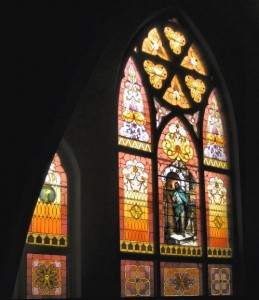 The intersection of church and tort law is an interesting area. For the most part, courts–wisely so–have been reluctant to entangle tort law with church and religion except in cases of intentional physical batteries. In Bass v. Aetna Ins. Co., the court had to decide whether “trotting under the Spirit of the Lord” in church, with the result of running into and injuring the plaintiff, was actionable or a protected “Act of God.” The intersection of church and tort law is an interesting area. For the most part, courts–wisely so–have been reluctant to entangle tort law with church and religion except in cases of intentional physical batteries. In Bass v. Aetna Ins. Co., the court had to decide whether “trotting under the Spirit of the Lord” in church, with the result of running into and injuring the plaintiff, was actionable or a protected “Act of God.”
Plaintiff attended the Shepard’s Fold Church in Louisiana, where moving or running in the aisles “in the Spirit” apparently is a common practice. During a revival, a fellow worshiper ran down the aisle where plaintiff was kneeling and praying and knocked her down, causing injury. Plaintiff sued for negligence.
At trial, the defendant testified he was “‘trotting’ under the Spirit of the Lord” and was not in control of his actions at the time of the collision. He raised “Act of God” as a defense and also asserted the plaintiff assumed the risk of the collision and was contributorily negligent. For non-legals, an Act of God under law is a harm-causing force of nature, such as a tornado or flood, the consequences of which humans generally are not held responsible for.
The trial court dismissed the case, finding that the plaintiff assumed the risk of the collision by praying in the aisle with her eyes closed, a decision affirmed by the court of appeals. But the Louisiana Supreme Court reversed.
The West headnote writers summed up the holdings succinctly:
[1] Negligence: Notwithstanding that worshiper testified he was trotting under the Spirit of the Lord, “Act of God” defense did not apply in action by worshiper who was injured while praying in the aisle against second worshiper who was running in church inasmuch as “Act of God” meant force majeure.
[14] Religious Societies: It is not contributory negligence to bow one’s head while praying in church, whether in the pew or in the aisle.
— Bass v. Aetna Ins. Co., 370 So. 2d 511 (La. 1979). Thanks to a fellow Torts professor.
|
Funny Law School Stories
For all its terror and tedium, law school can be a hilarious place. Everyone has a funny law school story. What’s your story?
|
Product Warning Labels
A variety of warning labels, some good, some silly and some just really odd. If you come encounter a funny or interesting product warning label, please send it along.
|
Tortland

Tortland collects interesting tort cases, warning labels, and photos of potential torts. Raise risk awareness. Play "Spot the Tort." |
Weird Patents
Think it’s really hard to get a patent? Think again.
|
Legal Oddities
From the simply curious to the downright bizarre, a collection of amusing law-related artifacts.
|
Spot the Tort
Have fun and make the world a safer place. Send in pictures of dangerous conditions you stumble upon (figuratively only, we hope) out there in Tortland.
|
Legal Education
Collecting any and all amusing tidbits related to legal education.
|
Harmless Error
McClurg's twisted legal humor column ran for more than four years
in the American Bar Association Journal.
|
|
|






